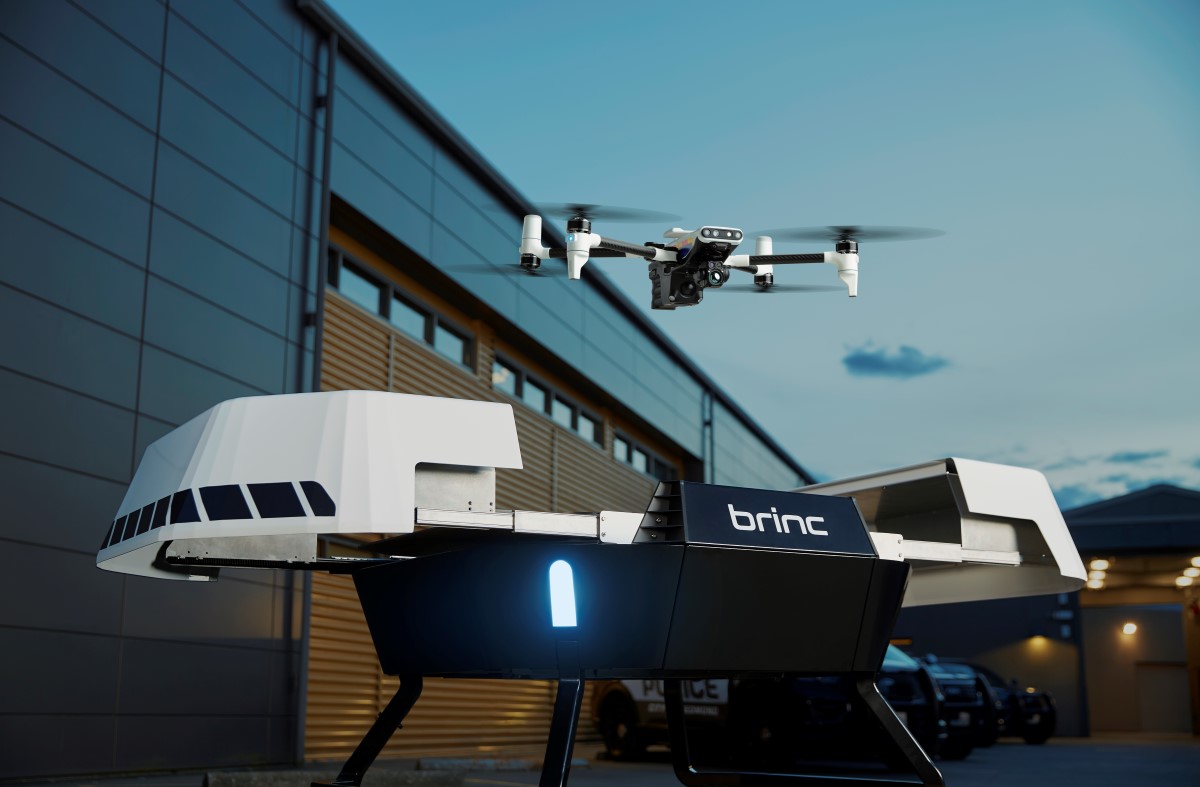
China has dropped the hammer on 11 US-based drone manufacturers — including Skydio, BRINC Drones, and Boeing-owned Insitu — by placing them on its “unreliable entity” list, a move that subjects these companies to sweeping trade sanctions and export restrictions.
The Chinese government accuses US drone makers of engaging in “military technology cooperation with Taiwan,” a claim tied to Beijing’s insistence that the island is part of its territory. The 11 drone firms are now banned from conducting import-export activities with China and are prohibited from making new investments there.
Here’s the complete list of the affected companies:
- Skydio: A leading American drone manufacturer specializing in autonomous flight and public safety applications.
- BRINC Drones: Develops drones designed for first responders, with a focus on indoor tactical operations and life-saving missions.
- Red Six Solutions: Provides national security and intelligence consulting services to government and defense clients.
- SYNEXXUS: Supplies battlefield data systems and tactical networking solutions for defense operations.
- Firestorm Labs: Builds modular drone platforms designed for rapid manufacturing and military applications.
- Kratos Unmanned Aerial Systems: Develops high-performance unmanned aircraft for defense training and combat missions.
- HavocAI: Specializes in applying artificial intelligence to modern battlefield operations and drone swarm coordination.
- Neros Technologies: Creates drone-mounted electronic warfare systems for defense and tactical use.
- Domo Tactical Communications (DTC): Provides secure tactical communication systems for military and law enforcement use.
- Rapid Flight: Designs and manufactures customizable, long-range drones for defense missions.
- Insitu: A Boeing subsidiary that builds drones for intelligence, surveillance, and reconnaissance (ISR) missions.
The sanctions come at a tense moment, following a dramatic trade escalation triggered by President Donald Trump. Last week, Trump announced a baseline 10% tariff on all imported goods, with an additional 34% slapped on products from China. In response, China said it would impose a 34% tariff on all US imports starting this week.
Skydio, known for its advanced autonomous drones, has already felt the impact. The company relies on Chinese suppliers for certain components, notably batteries. With the sanctions in place, Skydio’s CEO, Adam Bry, has informed customers that battery supplies will be limited in the coming months. To manage this shortage, Skydio is rationing batteries to one per drone and is actively seeking alternative suppliers outside of China.
Bry has emphasized the broader implications of China’s actions, stating, “This action makes clear that the Chinese government will use supply chains as a weapon to advance their interests over ours. The drone market has historically been dominated by Chinese companies who are now rapidly losing market share to Skydio and our Western peers. This is an attempt to eliminate the leading American drone company and deepen the world’s dependence on Chinese drone suppliers.”
US measures against China’s DJI: A precursor to current tensions
The backdrop to China’s recent actions includes a series of US measures targeting Chinese tech firms, with DJI being a primary focus. In December 2021, the US Treasury Department added DJI to an investment blacklist, citing the company’s alleged involvement in the surveillance of Uyghur Muslims in China’s Xinjiang region. This designation prohibited US citizens from buying or selling shares in DJI, though the company is privately held.
Further escalating the situation, in October 2022, the US Department of Defense included DJI on a list of “Chinese military companies,” alleging ties between DJI and the Chinese military. DJI has consistently denied these claims, emphasizing its focus on consumer and commercial drones and its opposition to military use of its products. In response to the Pentagon’s designation, DJI filed a lawsuit in October 2024, challenging its inclusion on the list and asserting that the designation has caused significant business losses and reputational harm.
Following that, the US mandated an assessment of DJI drones by its top national security agencies via the FY 2025 National Defense Authorization Act (NDAA). If no review happens by the end of 2025, DJI will be automatically added to the Federal Communications Commission’s (FCC) Covered List, effectively banning its drones in the US.
Related: DJI to US: Ban our drones with evidence, not fearmongering
Broader implications for the tech industry
The tit-for-tat sanctions between the US and China highlight the vulnerabilities and complexities of global tech supply chains. US drone manufacturers’ reliance on Chinese components has exposed them to geopolitical risks, prompting companies to seek alternative suppliers and diversify their supply chains.
Moreover, these developments have sent ripples through the broader tech industry. Major US tech firms, including Apple, Meta, and Amazon, have experienced stock price declines amid escalating trade tensions. These companies’ dependencies on Chinese manufacturing and markets make them susceptible to the fallout from the ongoing US-China tech standoff.
New: 14-year-old crashes drone into live WWII bomb [Video]
FTC: We use income earning auto affiliate links. More.





Comments